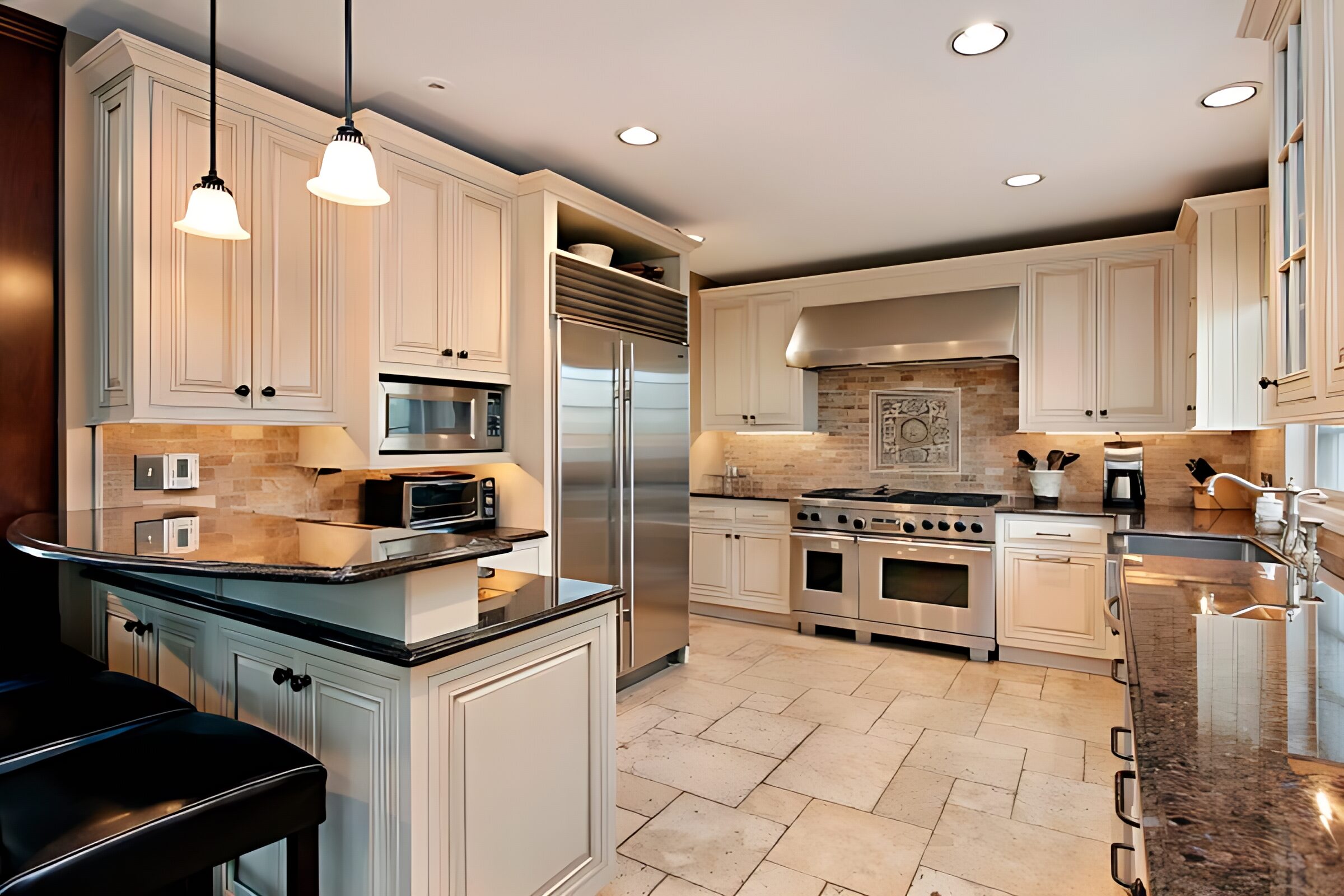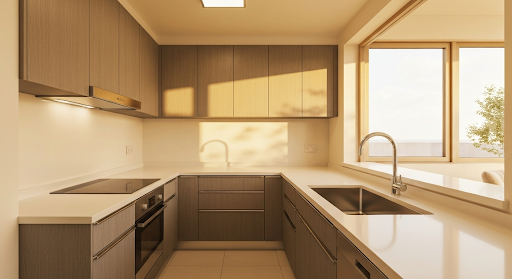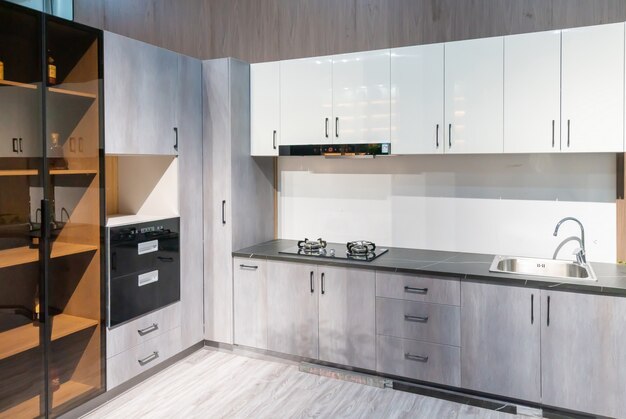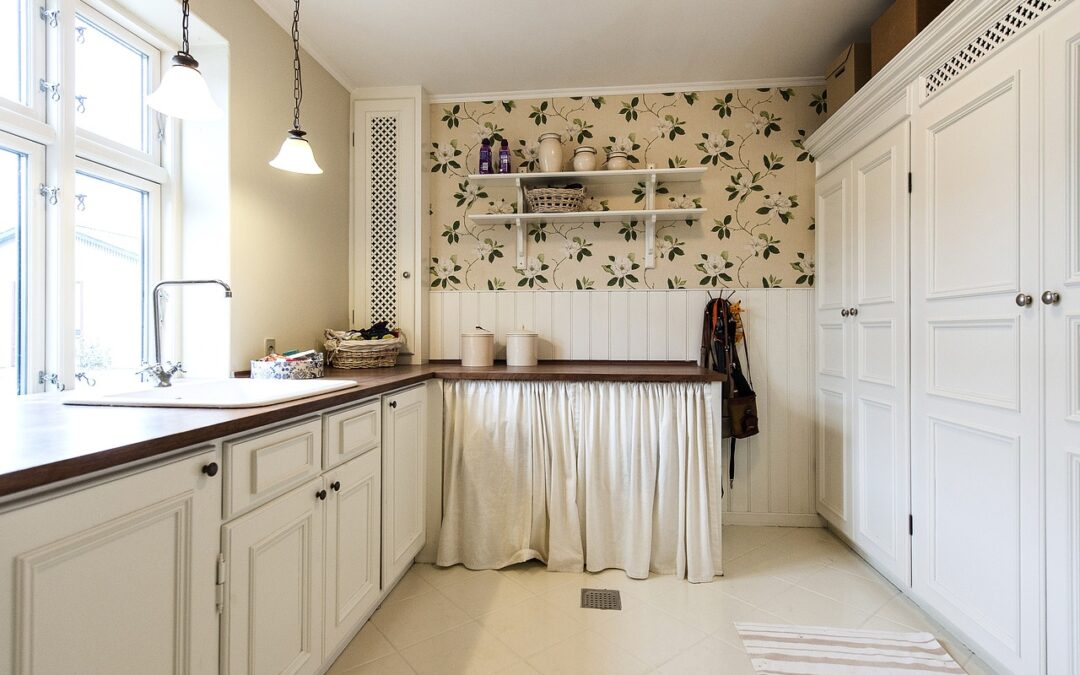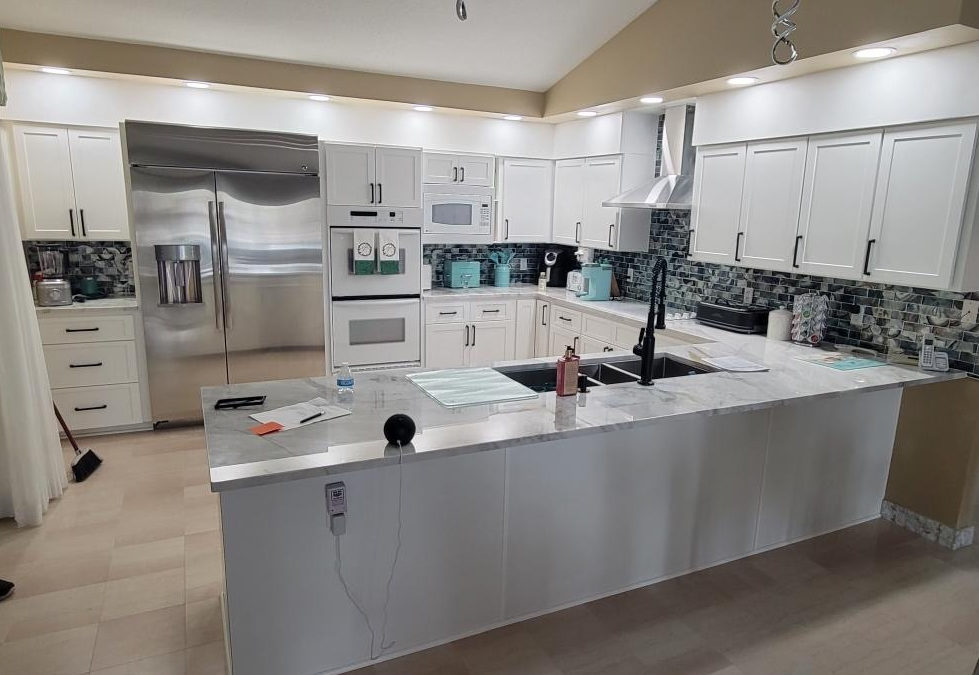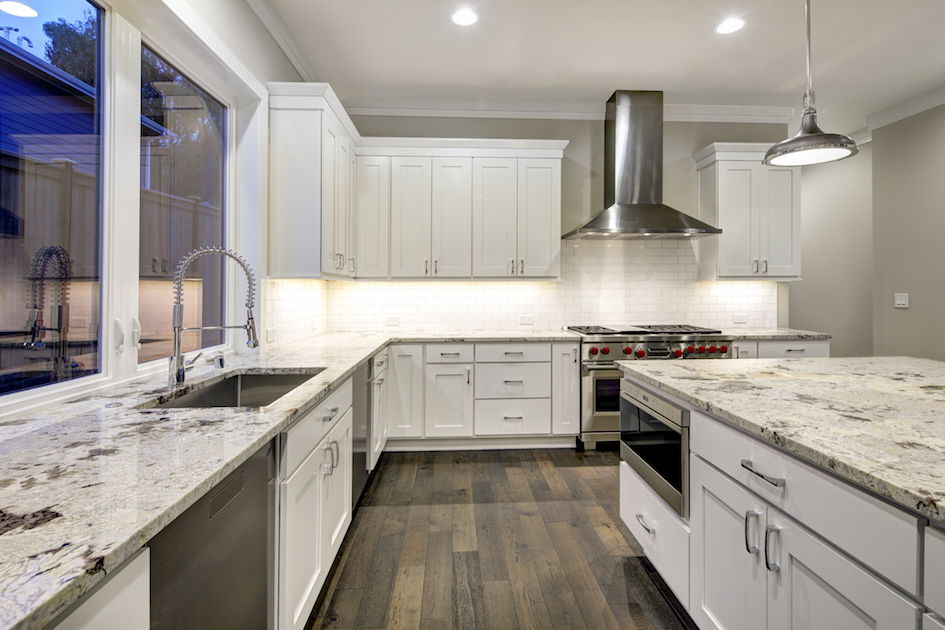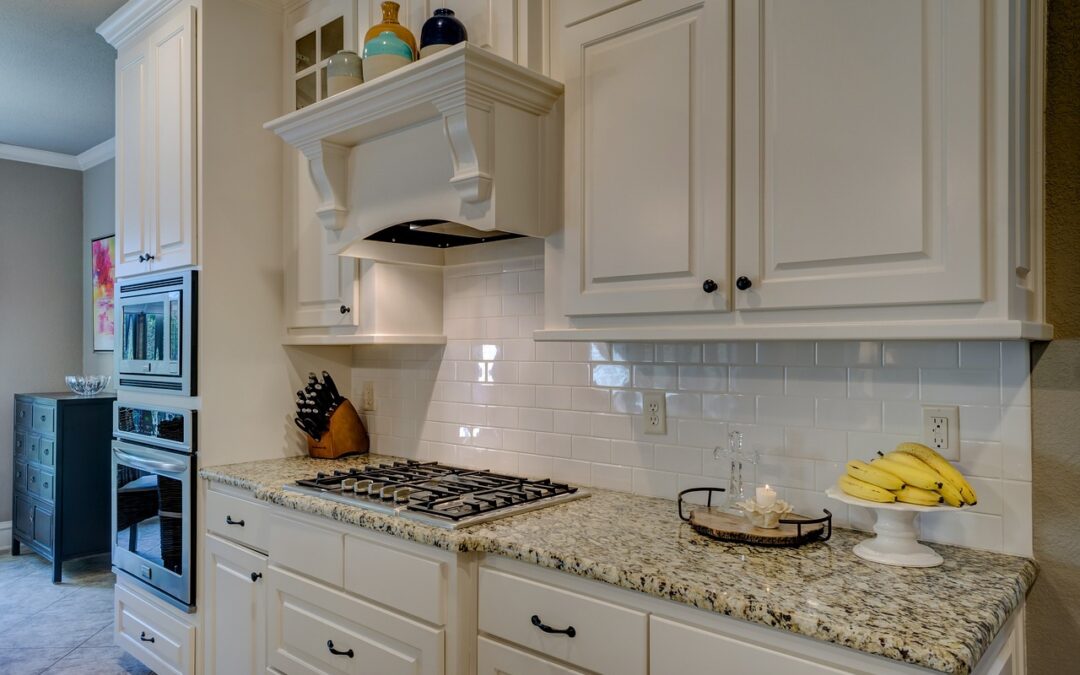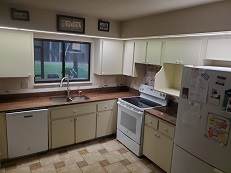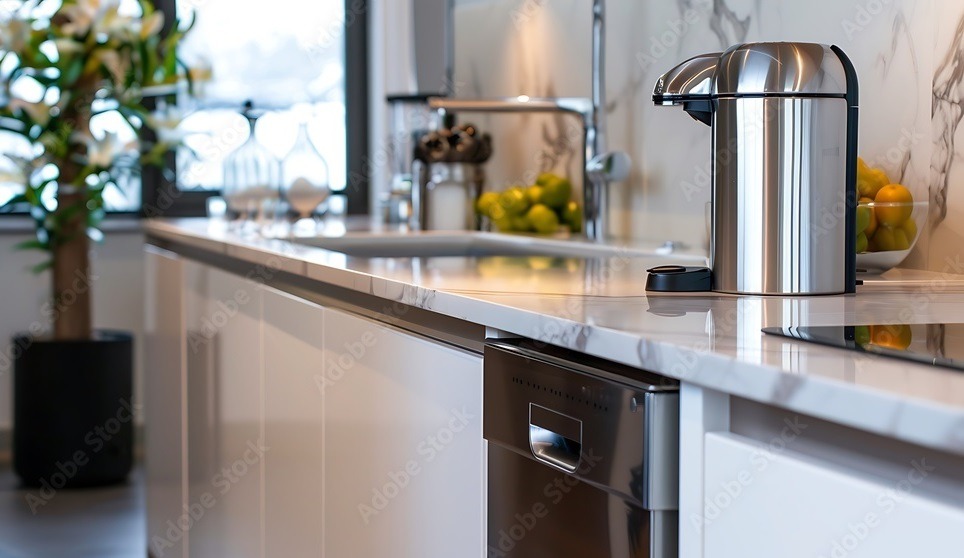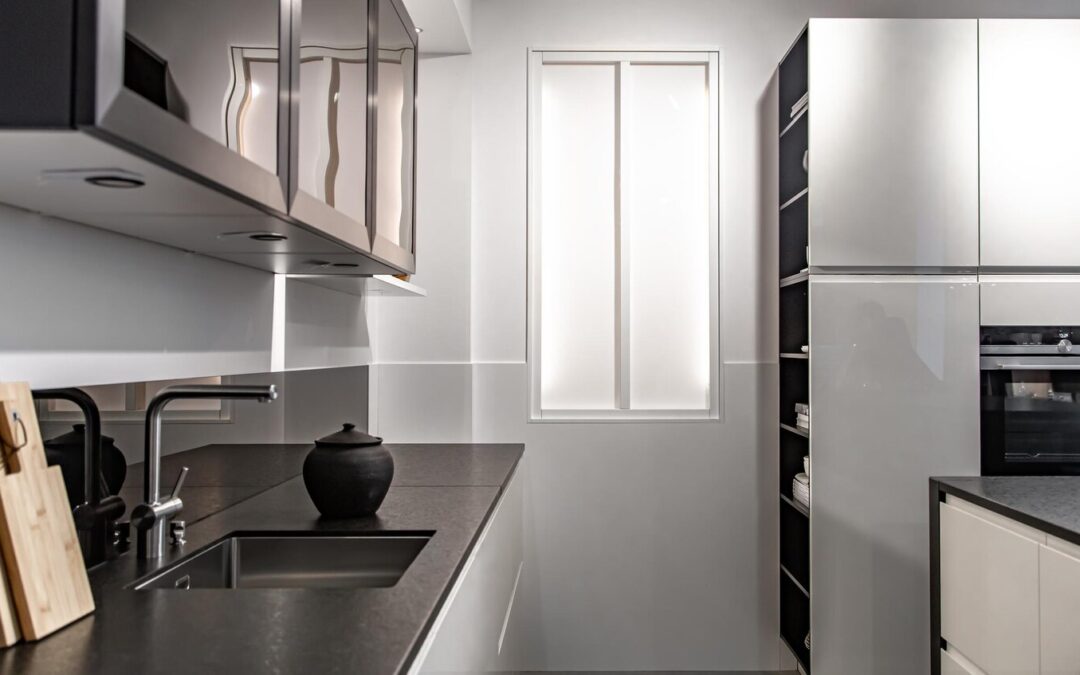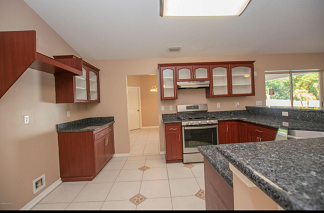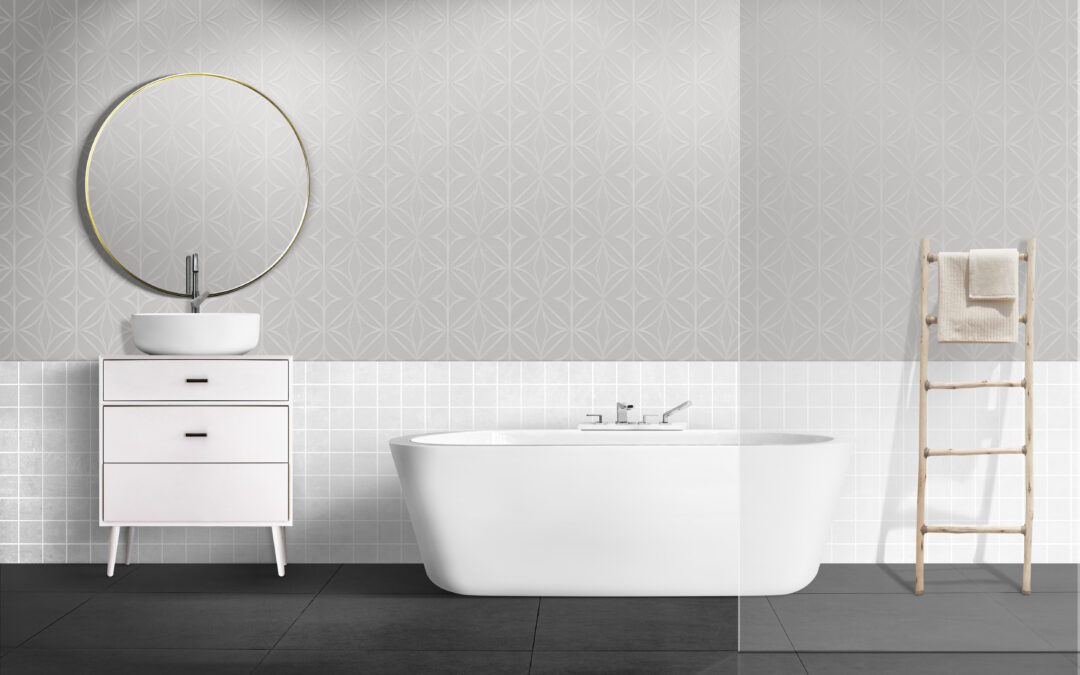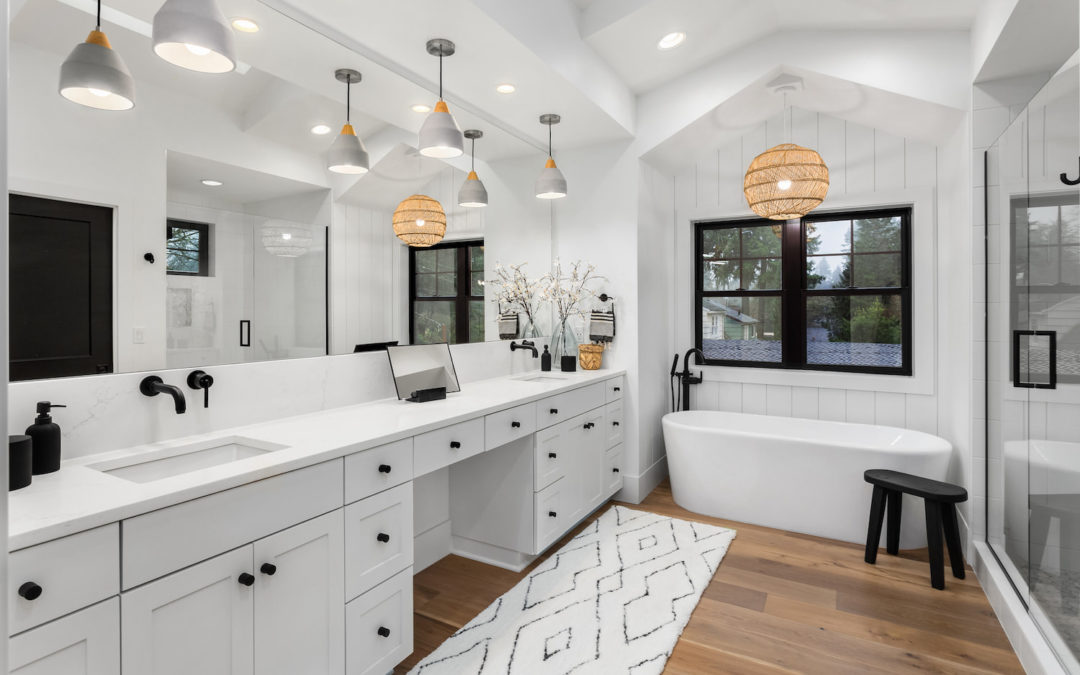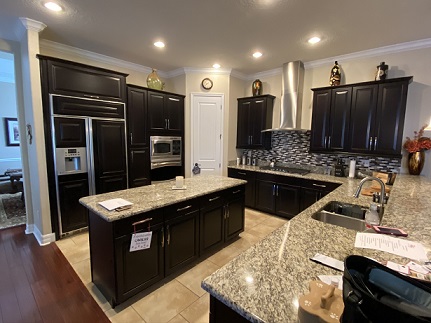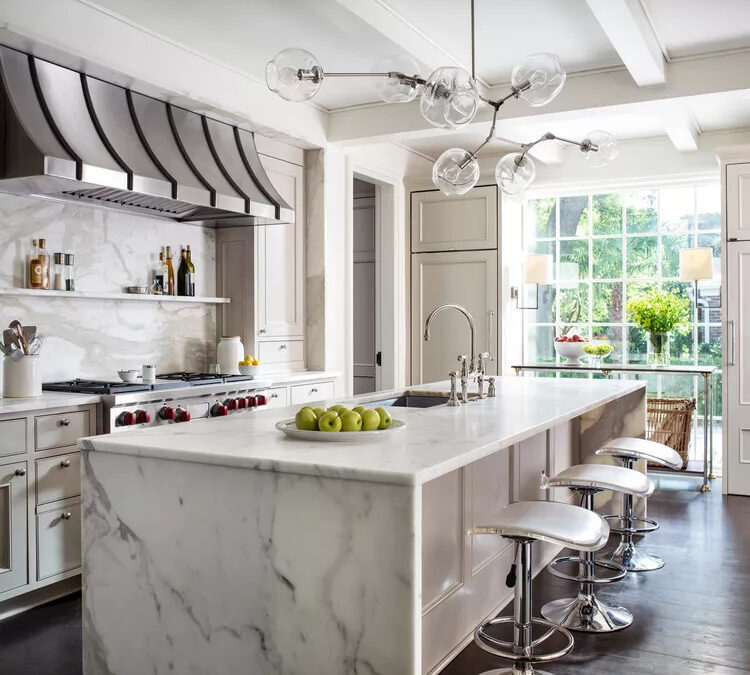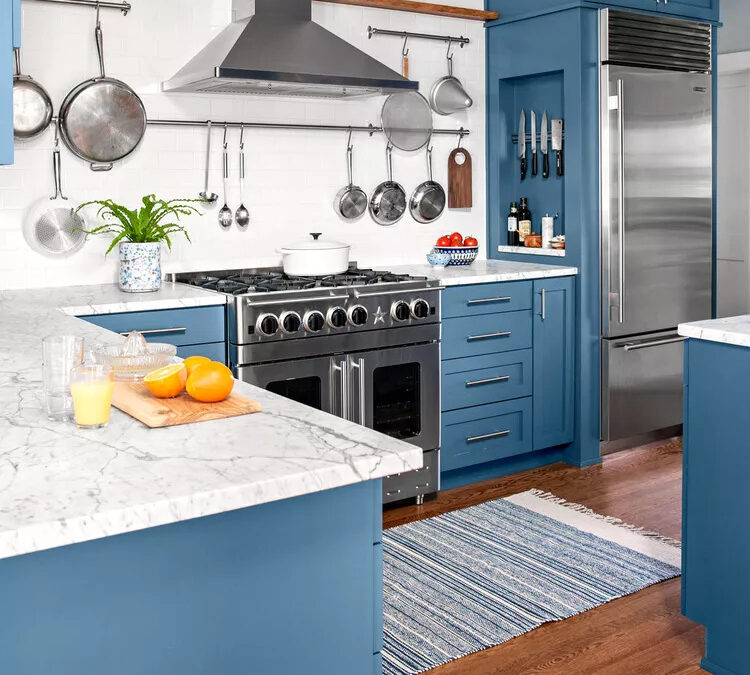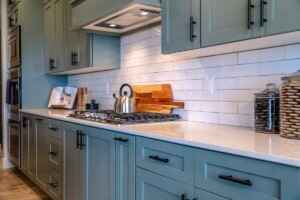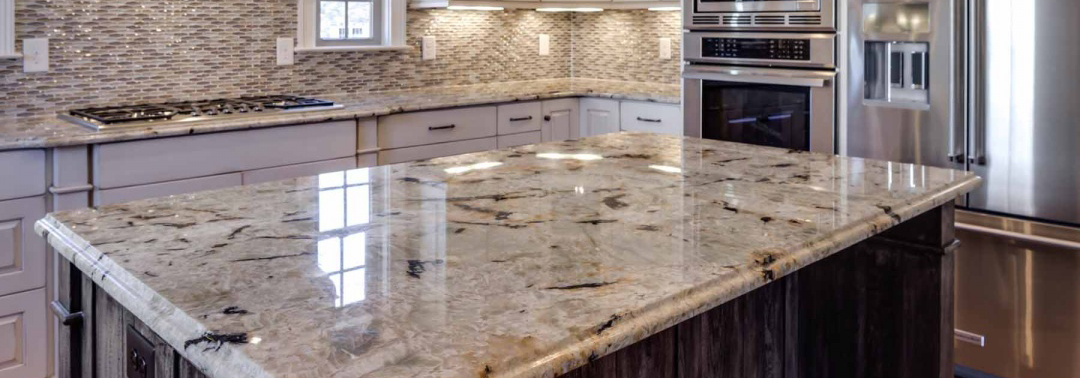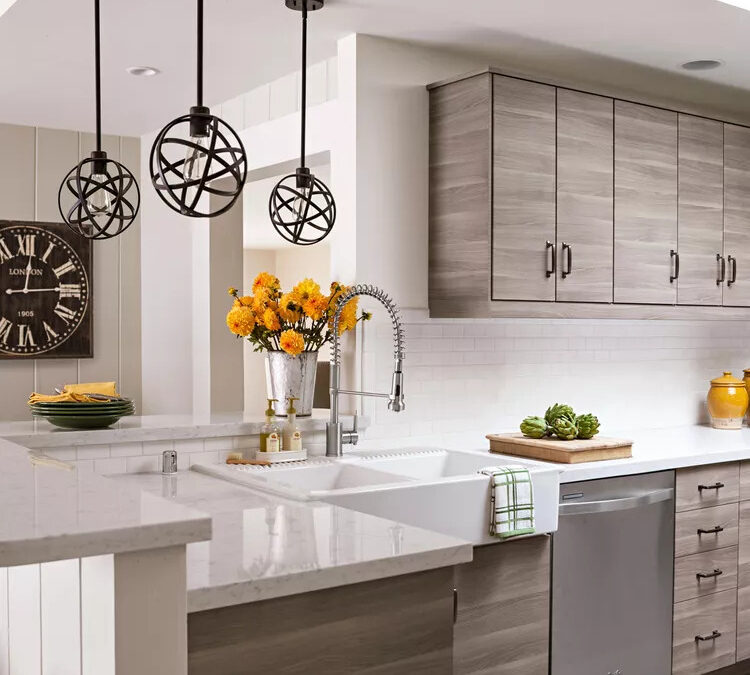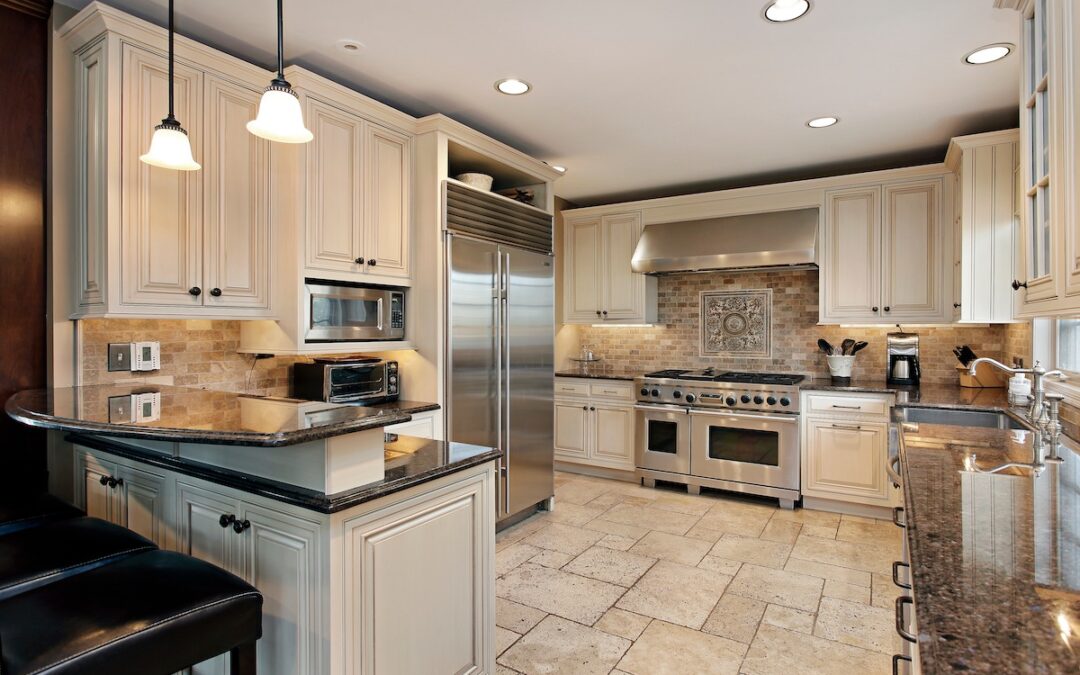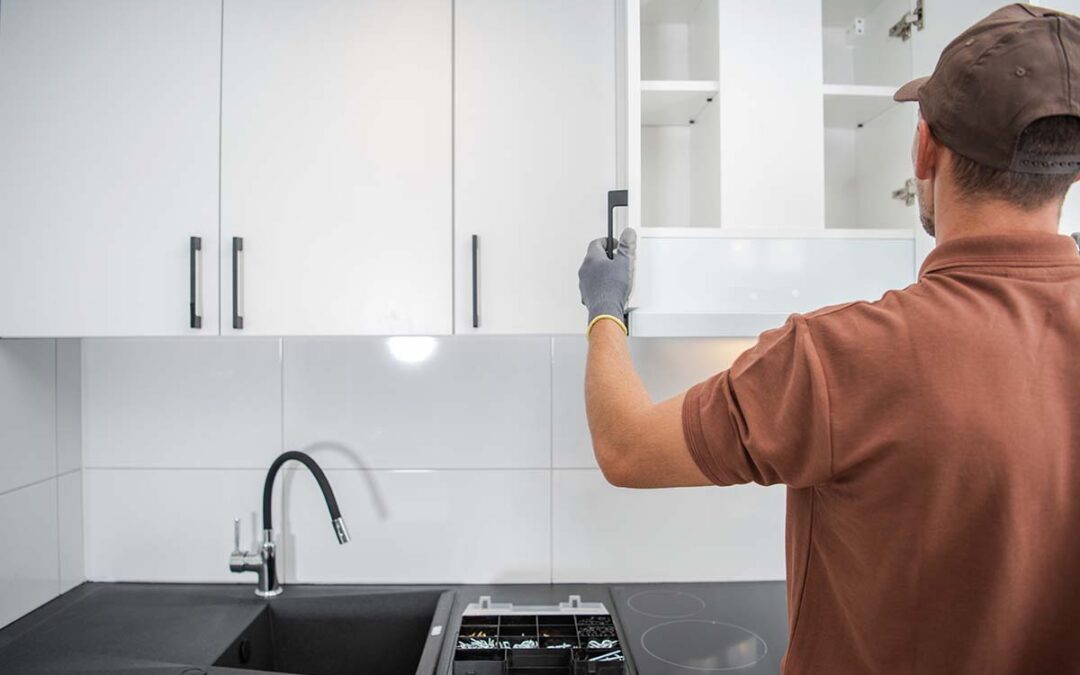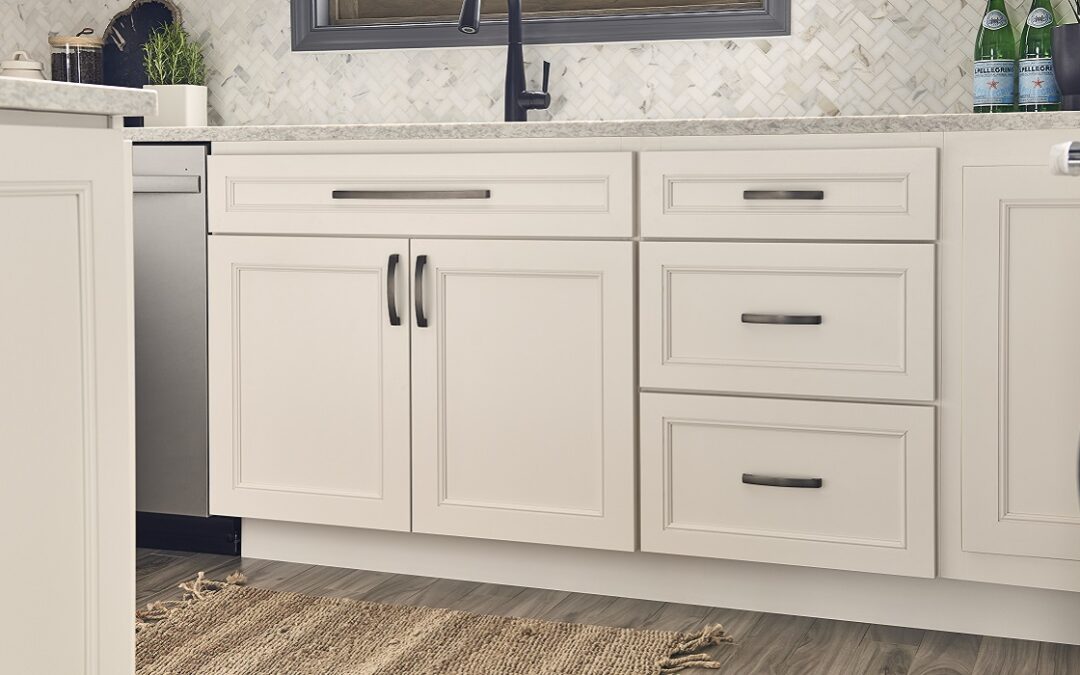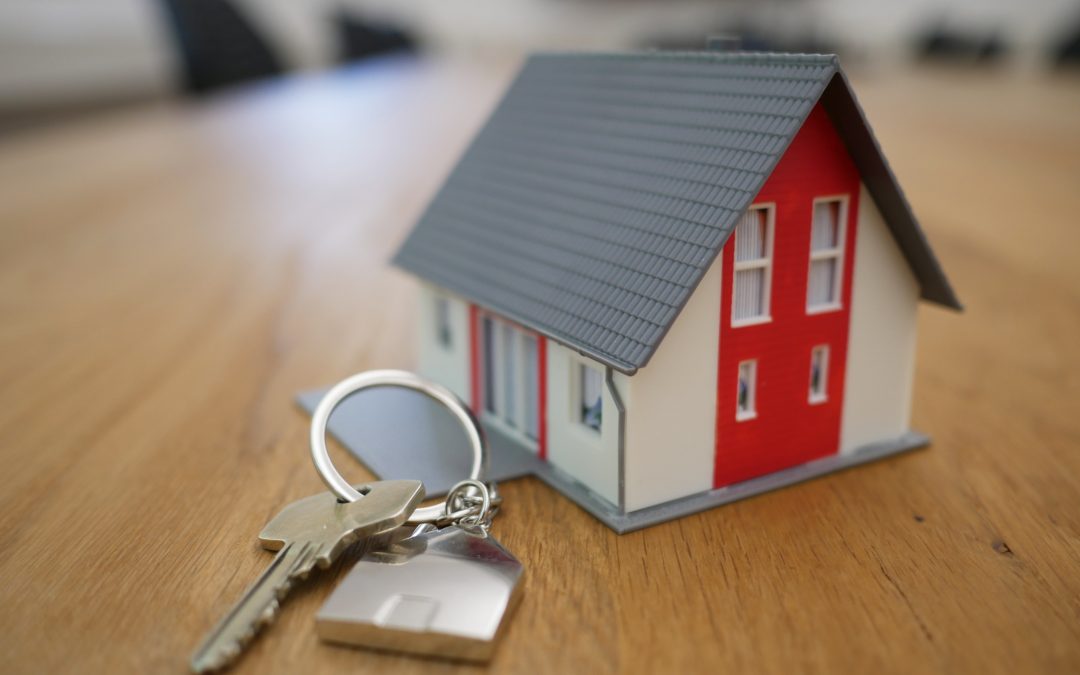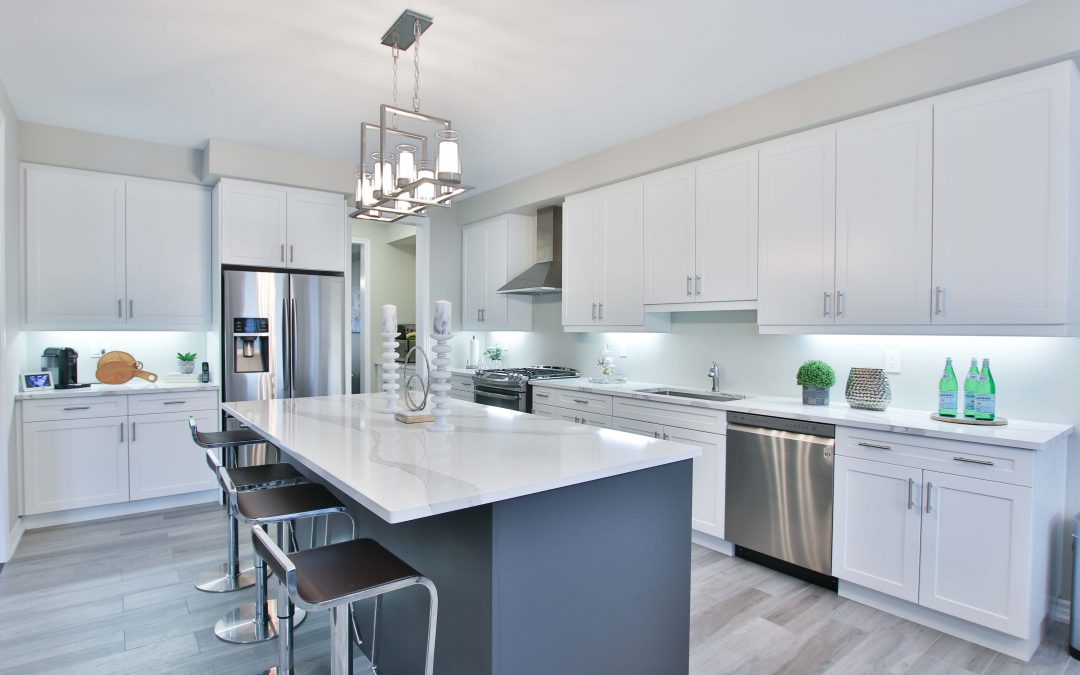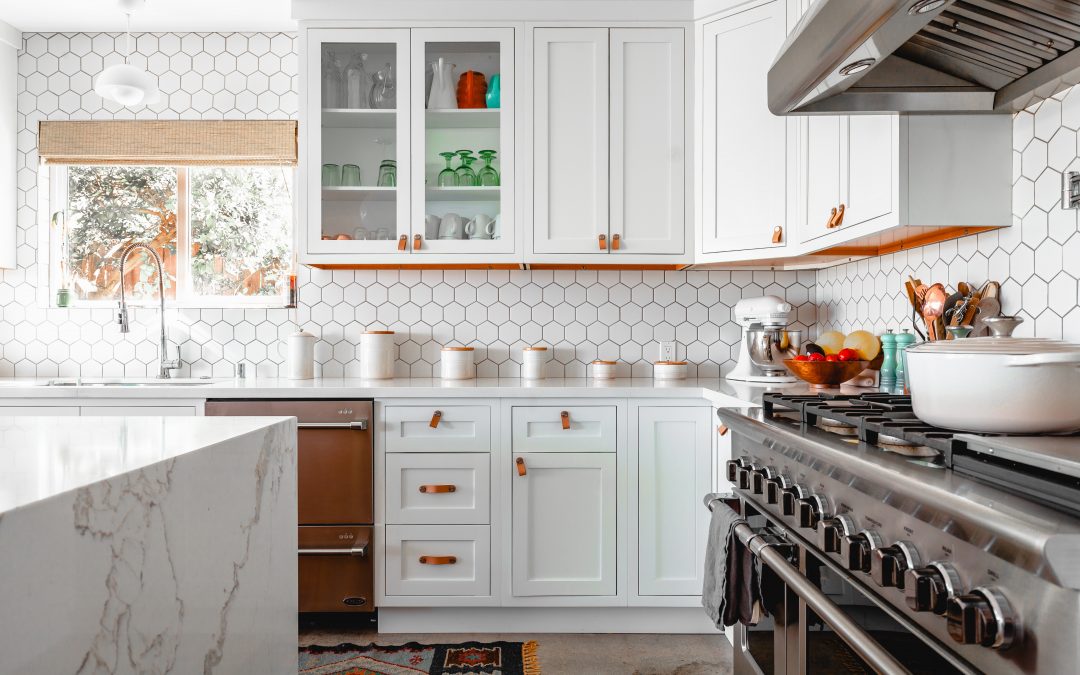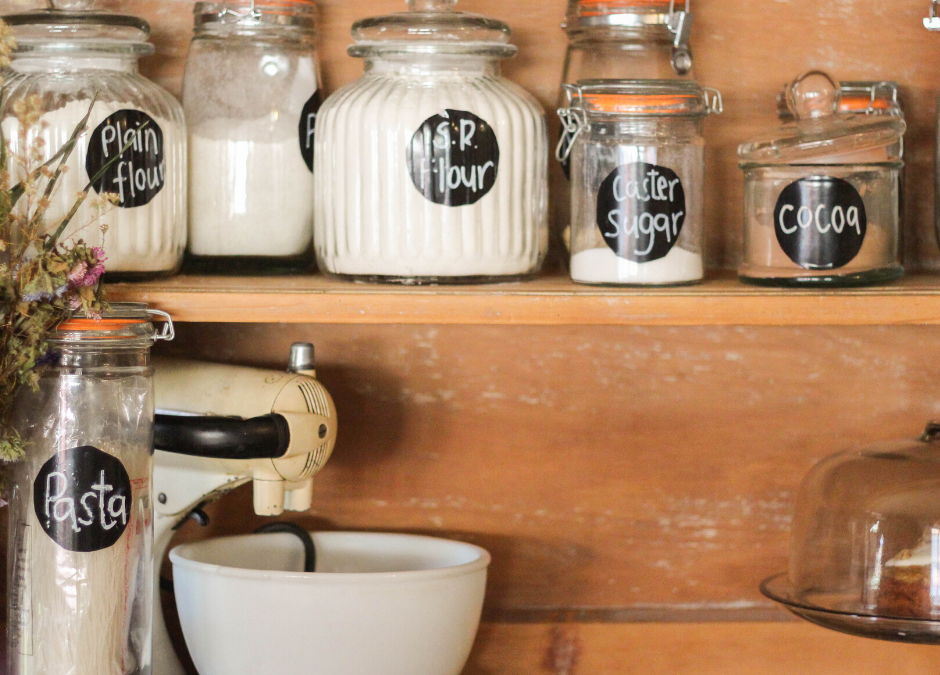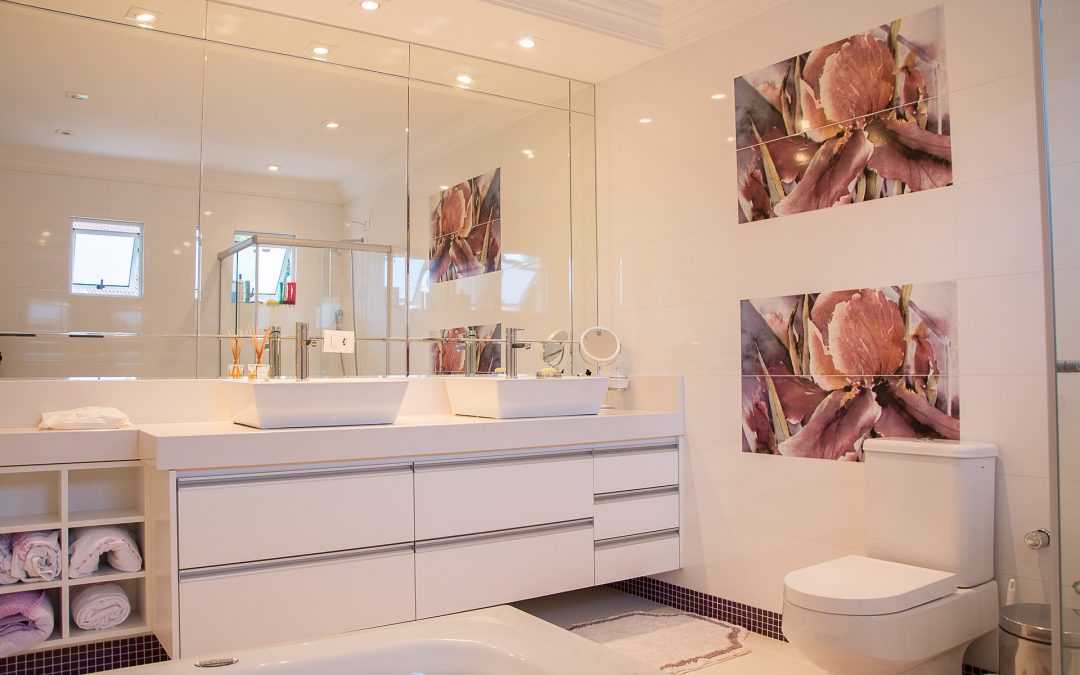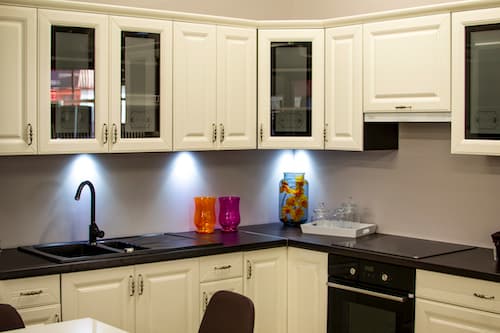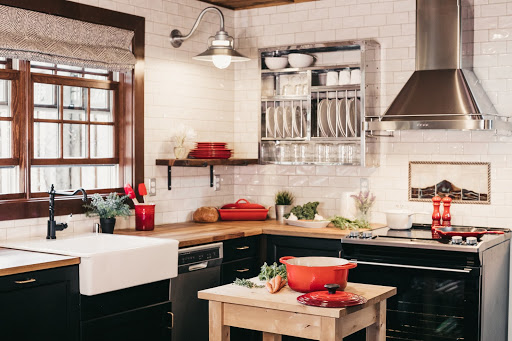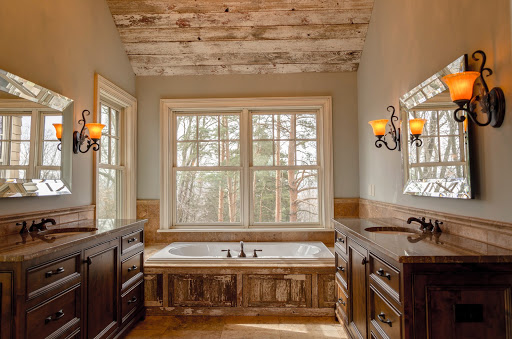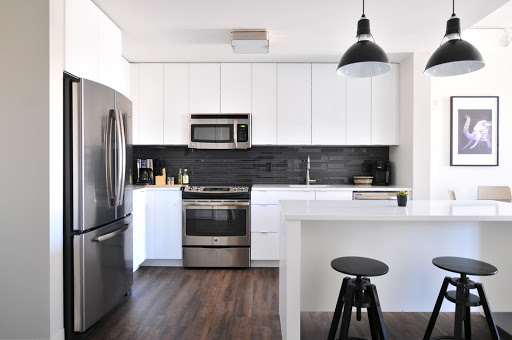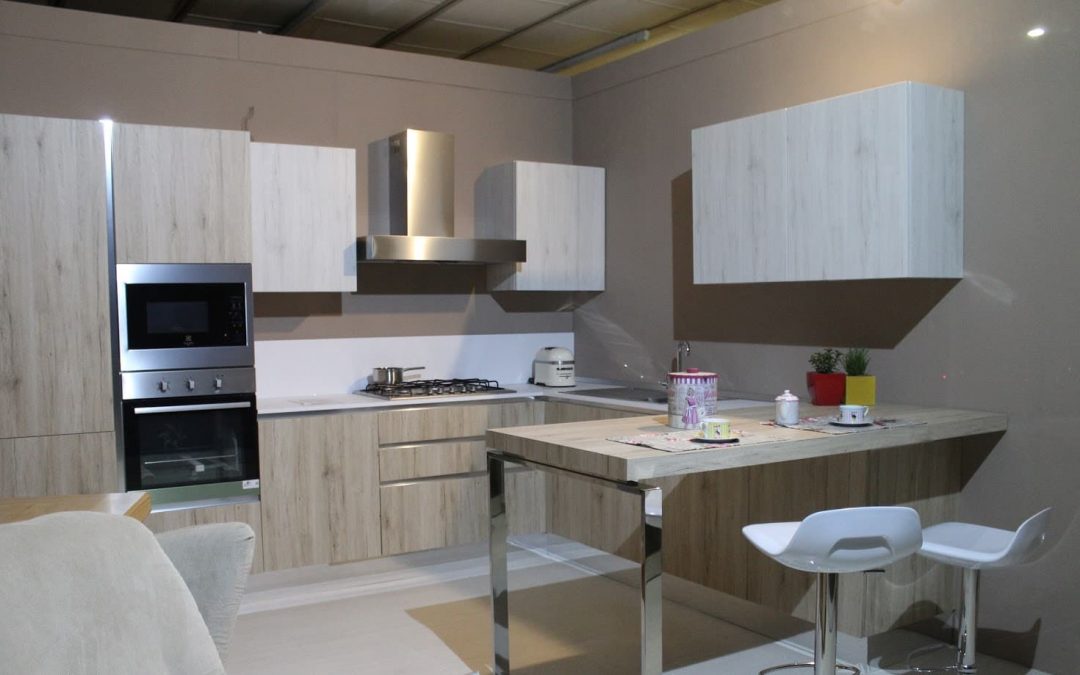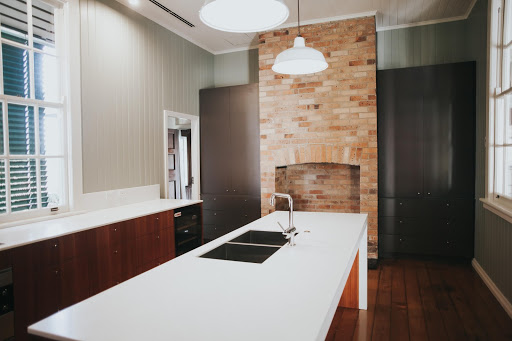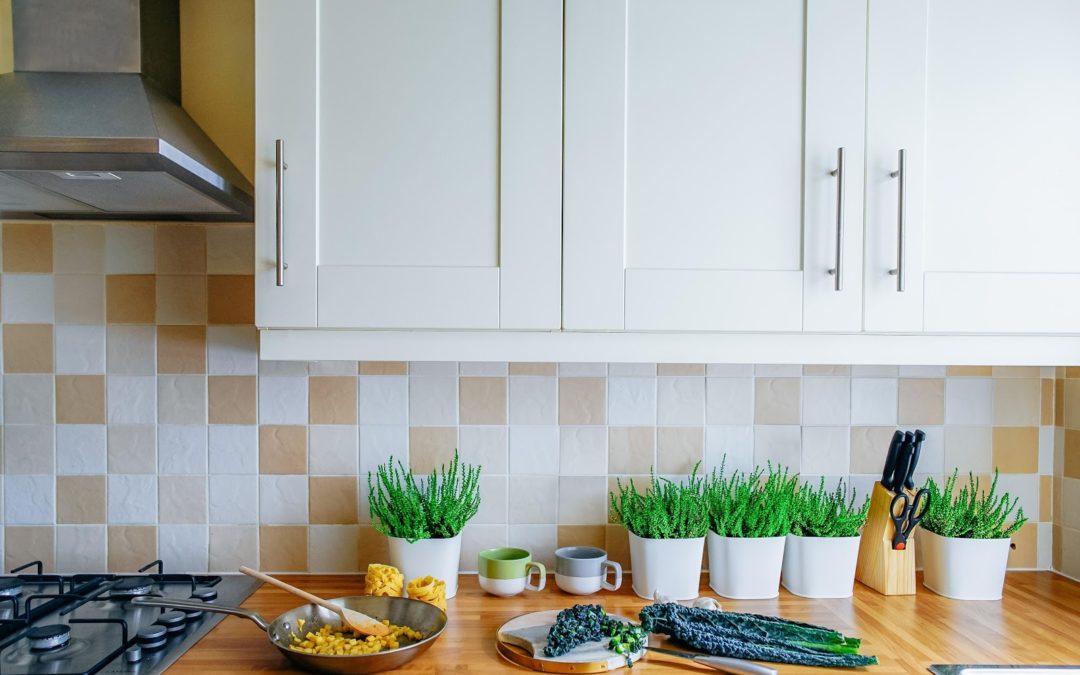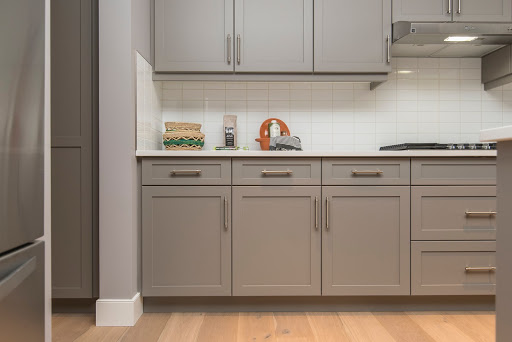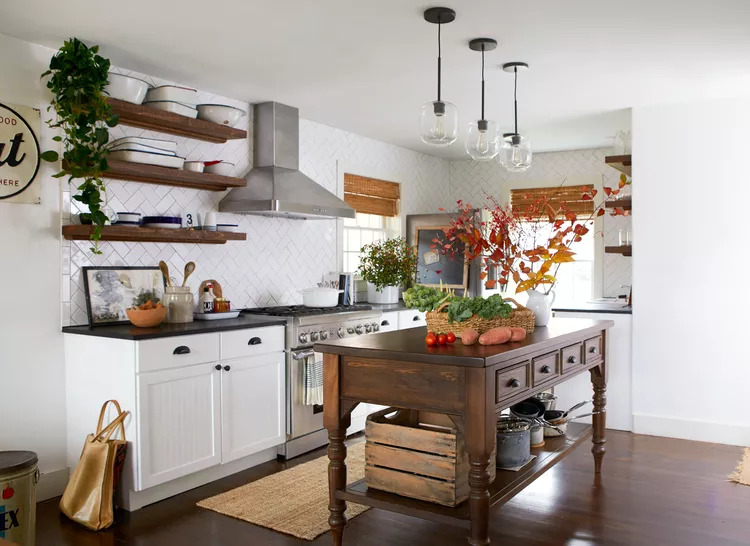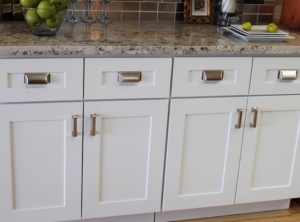Refacing kitchen cabinets can be an excellent way to refresh the look of your kitchen without the high costs and inconvenience of a complete renovation. However, Common Problems with Refacing Kitchen Cabinets often arise, such as mismatched veneers, peeling adhesive, and issues with cabinet door alignment, which can diminish the overall aesthetic and functionality of the space. Understanding these potential pitfalls and how to avoid them is crucial for ensuring a successful cabinet refacing project. By being aware of these issues and taking proactive measures, you can achieve a beautifully refaced kitchen that stands the test of time.
Key Highlights
- Giving your kitchen cabinets a new face can be easier on the wallet than getting all new ones.
- With cabinet refacing, you might run into some hiccups like not being able to find the right color or style match, running into issues with how things fit together, having only a few design choices, and it’s not great if your cabinets are already in bad shape.
- To steer clear of these troubles, checking out how solid your current cabinets are is key. Also picking top-notch stuff and bringing in someone who knows their way around professional cabinet refacing makes a big difference.
- One of the perks is that you end up with a fresh look for your kitchen and get to use wood veneer which gives everything an authentic and sleek finish.
- On the flip side, remember there might be limits on tweaking things exactly how you want them since you have to work within what’s already there when it comes to existing cabinets.
Understanding Kitchen Cabinet Refacing
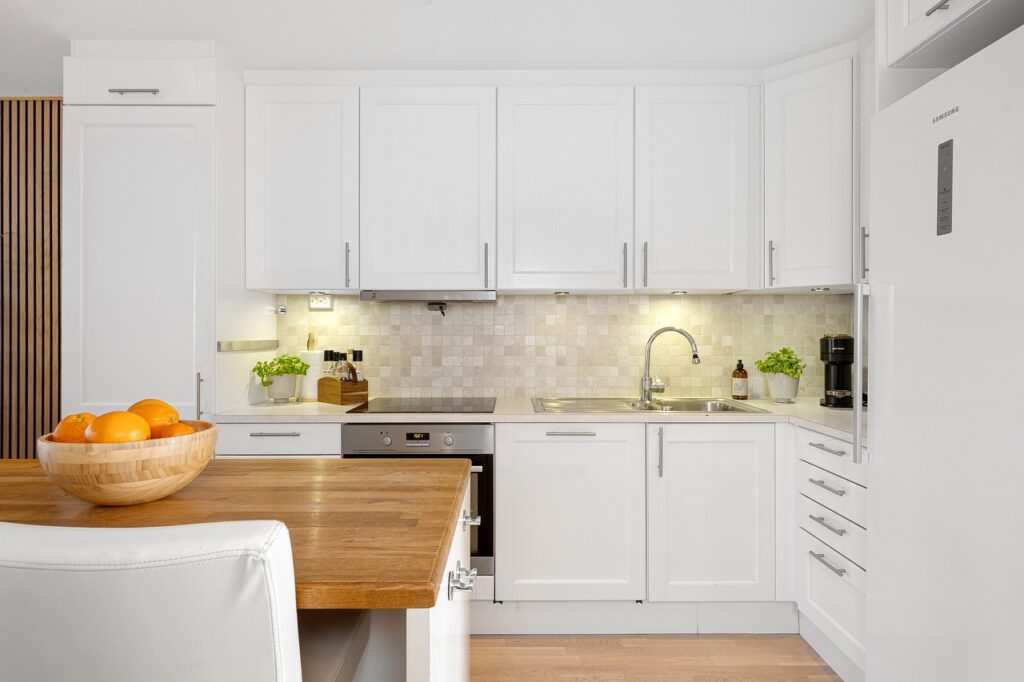
Before we dive into the usual issues with cabinet refacing, it’s key to grasp what exactly this process involves. Cabinet refacing is the best way to refresh the style of your cabinets and inject new life into your room, meaning you’re sprucing up your kitchen cabinets by swapping out the doors and drawer fronts, along with updating the hardware but keeping those original cabinet boxes right where they are. This method lets you refresh your kitchen’s appearance without having to go for a complete cabinet replacement. Opting for refacing your kitchen cabinets is a smart move if you’re looking for an affordable and less disruptive way to give your kitchen that much-needed facelift.
Defining Cabinet Refacing and Its Scope
When we talk about cabinet refacing, we’re really focusing on the parts you see most, like the doors and drawer fronts. These bits get banged up over time and can change how your kitchen looks big time. By swapping out these pieces, your cabinets can look brand new again. But remember, refacing doesn’t mean you’re getting rid of the whole cabinet – just giving it a facelift. The frames or cabinet boxes, also known as face frames, stay put so where everything is in your kitchen won’t change; what will change is how awesome it looks after going through the refacing process to give it that fresh new look.
Why Choose Refacing Over Replacing?
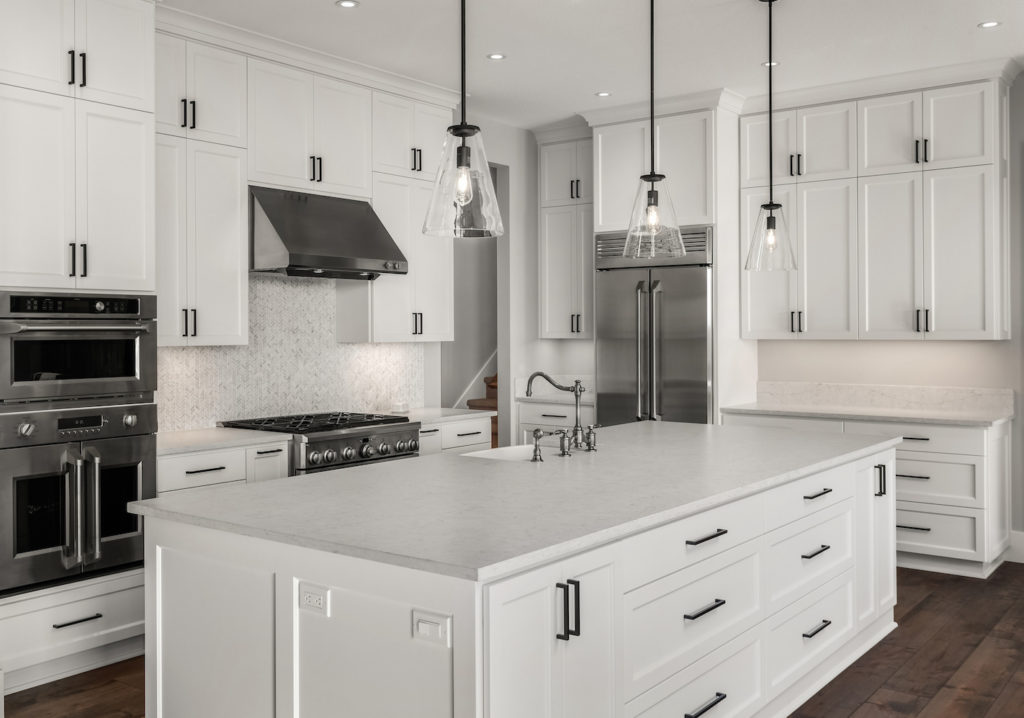
Choosing to reface your kitchen cabinets instead of going for a full replacement can really save you some money. With cabinet refacing, you’re basically giving your cabinets a fresh look without the hefty price tag that comes with new cabinets. This way, not only do you get to update your kitchen’s appearance affordably but also avoid spending too much time and causing disruptions at home since it’s faster than doing a full replacement. On top of saving costs and time, another thing worth thinking about is how this move could bump up the value of your home, especially if you have a large size of the kitchen. By sprucing up those cabinets, you make your house more attractive to anyone who might want to buy it later on.
Common Issues Encountered During Cabinet Refacing
Refacing your kitchen cabinets is a solid way to give your kitchen a fresh look, but you might run into some bumps along the way. Problems like the outer layer coming off, colors not matching up right, and issues with how sturdy things are can pop up. It’s really important to know about these possible hiccups ahead of time so you can dodge them and make sure your cabinet refacing goes smoothly. Let’s dive into each problem and figure out how we can fix them for an awesome makeover of your kitchen space.
Peeling Veneer and Laminates
A usual problem with cabinet refacing is when the new veneer or laminates start to peel off. This happens because, over time, the glue holding them to your cabinet doors and drawer fronts might not stick as well anymore. When they begin to come loose, it doesn’t look good at all in your kitchen. To keep this from happening, picking a trusted company for your cabinet refacing job is key. They should use top-notch materials and know exactly how to put on that new layer so it stays put. On top of that, taking care of your cabinets by cleaning them often and keeping too much water away can make sure peeling won’t be an issue and help keep everything looking great longer.
Color and Material Mismatch
One issue that often comes up when refacing kitchen cabinets is not getting the color and material to match perfectly. When you’re picking out new cabinet doors and drawer fronts, it’s really important to make sure they go well with your current cabinet frames. Even a small difference in color can throw off the look of your whole kitchen, making everything seem mismatched and less appealing. To steer clear of this problem, it’s key to work with a trusted cabinet refacing company known for its wide selection of colors and materials. They’ll be able to give you samples so you can see what works best with your existing cabinets, ensuring that your updated kitchen looks seamless and put together. Paying close attention to color and material matching is crucial in avoiding this common problem.
Structural and Layout Limitations
When you’re thinking about giving your kitchen cabinets a new look, it’s key to remember that there are some limits based on the structure and how things are arranged. Cabinet refacing usually means you get new doors and fronts for the drawers but keep the main parts of the cabinets as they are. So, you have to work with how your kitchen is set up right now. If your plan involves big changes like more places to store things or a different setup, then refacing might not be what you need. Before deciding if cabinet refacing is right for you, take a good look at how your kitchen works and what you want out of this update to make sure it fits with what you’re aiming for.
Evaluating Your Cabinets for Refacing
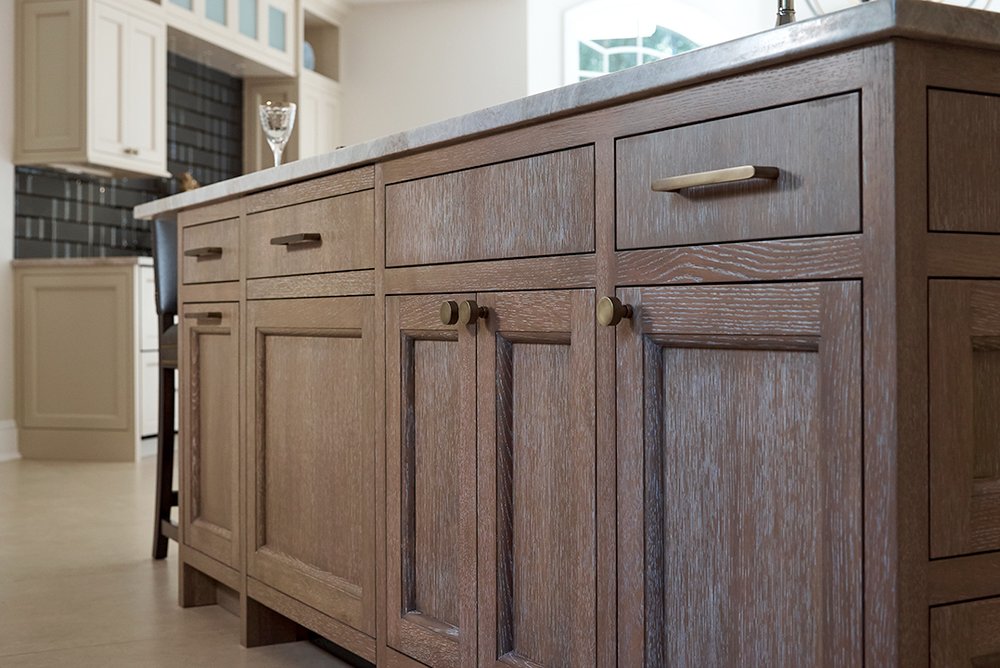
Before you dive into a cabinet refacing project, it’s key to take a good look at your current cabinets. Cabinet refacing can be an excellent choice for lots of folks, but sometimes it might not work out. For instance, if your cabinets are really beaten up with structural issues, water damage or mold problems, going the refacing route might not cut it. Refacing is all about swapping out the doors and drawer fronts and sprucing up the hardware while leaving the main structure – those cabinet boxes – as they are. But if these boxes aren’t in good shape to begin with, sticking new fronts on them won’t solve much; you might need to go for a total cabinet replacement instead. So make sure you thoroughly check over your existing cabinets before making any moves towards refactoring them.
When is Refacing Not Advisable?
In some situations, it might not be a good idea to just give your cabinets a new look. For example, if they’ve been damaged by water or are falling apart because of other kinds of damage. Water can really mess with the strength and stability of cabinet boxes, making them less safe and functional in your kitchen. When things get this bad, you might need to go for a complete cabinet replacement instead. Also, if the structure of your cabinets is badly affected – think bent shapes or weak frames – trying to make them look better on the outside won’t fix these big issues. Additionally, changing to a new style of cabinet hinges can create similar conflicts, or even prevent cabinets from opening properly. It’s pretty important to talk with someone who knows their stuff about fixing kitchens so you can figure out what’s best for yours when dealing with water damage or structural problems.
Assessing Cabinet Condition Before Refacing
Before you start thinking about giving your existing cabinets a new look, it’s really important to take a good, close look at them first. You need to check if there are any problems like water damage, parts that don’t seem strong anymore or even the shape of the cabinets looking a bit off. Also, think about how well they work for what you need and how everything is set up in your kitchen. If after checking all this you’re still not sure if making them over is the right move, talking to someone who knows their stuff can help make things clearer for you. They can tell you if fixing up your current cabinets makes sense with what you want to do with your kitchen.
The Pros and Cons of Refacing Kitchen Cabinets
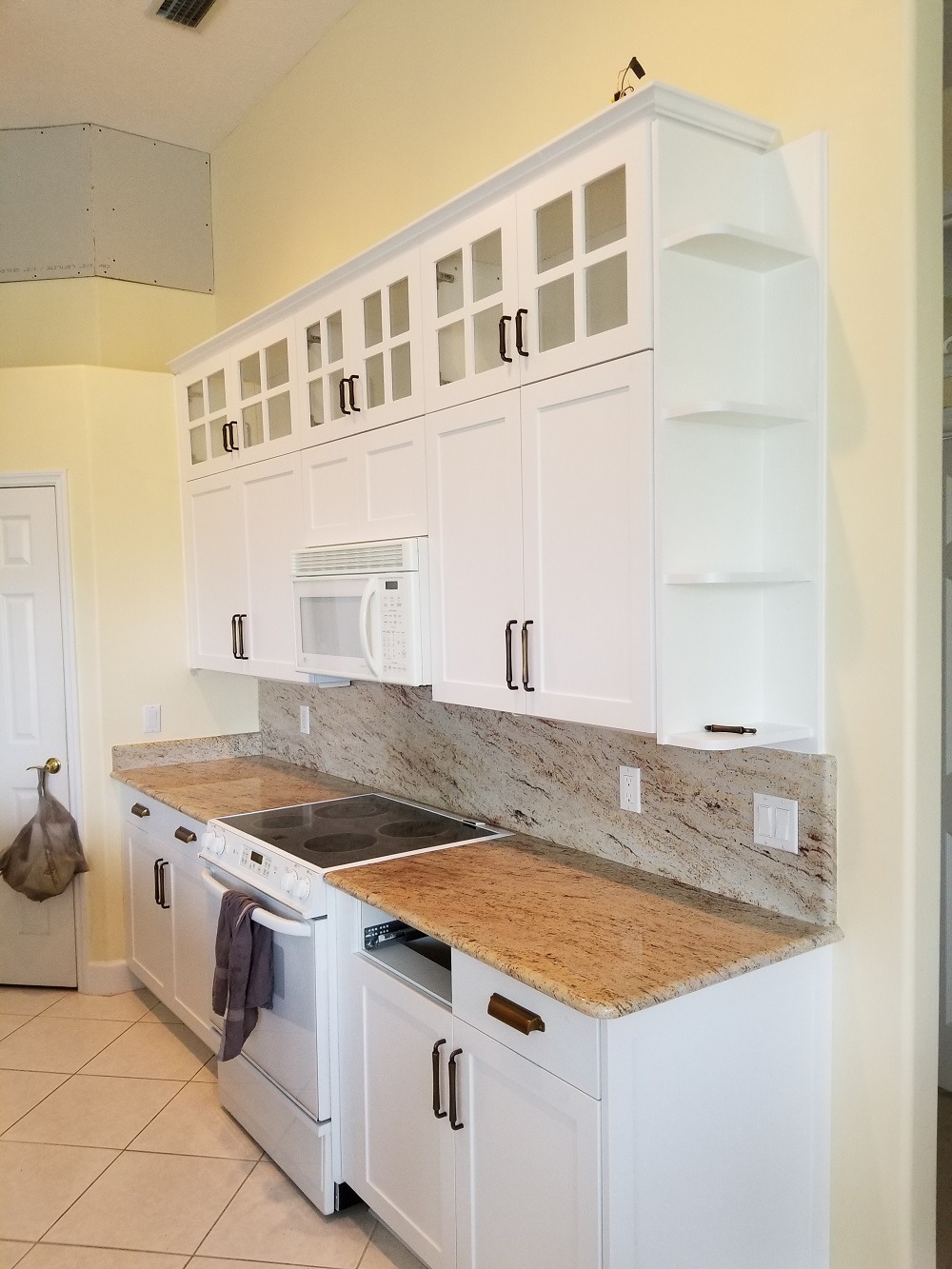
When you’re thinking about sprucing up your kitchen, cabinet refacing is one option that comes with its own benefits and downsides. Before deciding, it’s crucial to look at both sides of the coin. Let’s dive into what makes cabinet refacing a good or not-so-good choice for your kitchen makeover. By weighing these pros and cons carefully, you’ll be able to figure out if this method fits well with what you need, how much money you want to spend, and the look you’re going for in your kitchen cabinets.
Advantages of Cabinet Refacing
One big plus of cabinet refacing is you can make your kitchen look brand new without having to swap out all the cabinets. With refacing, you get to update how your cabinets look and give your kitchen a modern feel. By using wood veneer in the refacing process, it adds a classy and natural touch that really makes your kitchen shine. On top of that, choosing to reface rather than replace can save you some money since it’s usually cheaper than getting all new cabinets. So, if you’re aiming for a fresh vibe in your kitchen without spending too much, going for cabinet refacing could be just what you need.
Potential Drawbacks to Consider
Refacing your kitchen cabinets can be a really good choice for lots of people, but it’s important to think about some downsides too. For starters, when you reface, you’re stuck with the layout and design that your current cabinets have since major changes aren’t possible. Also, if your existing cabinets are in bad shape or made from materials that aren’t great quality, refacing might not work well. Before deciding on going ahead with the refacing process, make sure to check how sturdy and high-quality your old cabinets are and how they fit into your desired kitchen layout. On top of this, during the refacing project itself there could be issues like the outer layer coming off or colors not matching up right; so being careful to prevent these problems is key.
How to Ensure a Successful Cabinet Refacing Project
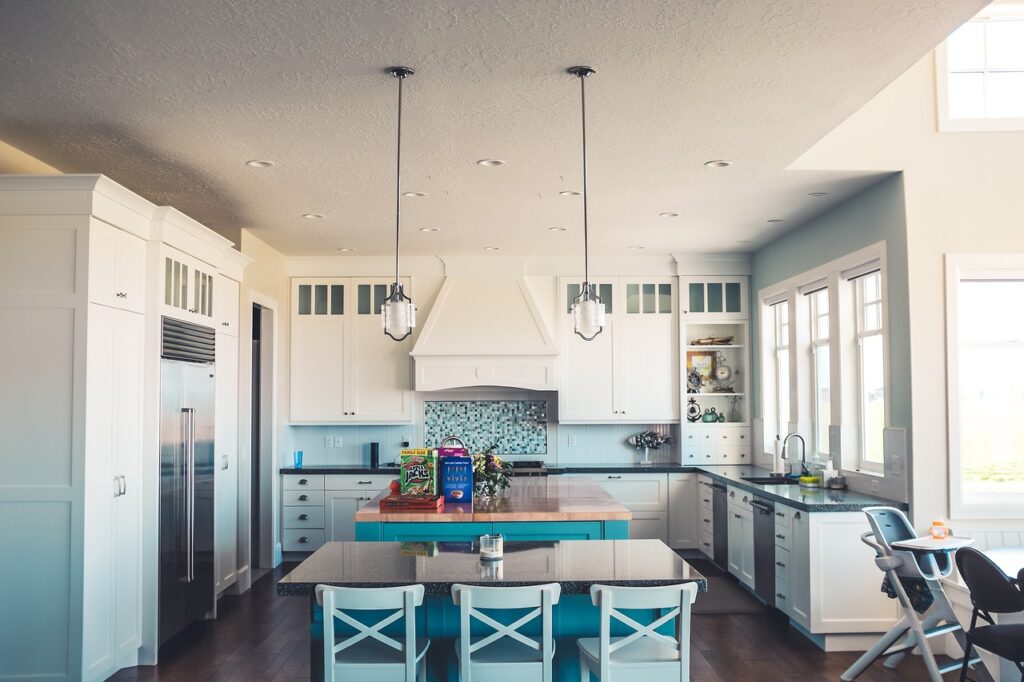
Starting a cabinet refacing project comes with some important things to keep in mind for it to turn out well. First off, picking materials that are durable and can handle daily use is crucial. Then, getting help from experts who know what they’re doing will make the whole process smoother. Also, think about how your cabinets will look alongside the rest of your kitchen so everything matches up nicely. By paying attention to these details, you’ll end up with a great-looking kitchen thanks to a successful cabinet refacing job.
Choosing High-Quality Materials
When it comes to making your cabinets look new again, picking the right stuff is key. If you go for cheap materials, you might end up with cabinets that don’t last or look as good as you hoped. Think about using new wood veneers or laminates because they’re tough and keep looking good over time. These choices not only make your kitchen shine but also lay a strong base for the whole cabinet refacing job. Also, if you team up with a trusted company known for its quality work in cabinet refacing, proper maintenance and high-quality materials, your updated cabinets are more likely to handle daily wear and tear while staying beautiful well into the future.
The Importance of Professional Installation
While some folks might try to redo their cabinets on their own, getting a pro to do it is key if you want it done right. Cabinet refacing isn’t just about slapping on new doors or drawer fronts; it’s got to be precise so everything lines up and looks good. Pros have the tools and know-how for any tricky parts that come up, like making sure all the colors match or fixing layout issues. When you go with professionals for your cabinet refacing job, you can chill knowing they’ll nail it, giving you a kitchen that’s not only nice to look at but works great too, achieving the desired results.
Cost Implications and Budgeting for Cabinet Refacing

When thinking about giving your cabinets a new look through cabinet refacing, it’s key to keep an eye on how much you’ll spend and plan your budget with that in mind. Refacing usually costs less than getting all-new cabinets, but the price can change based on things like how big your kitchen is and what materials you choose. To get a clear idea of what you’ll need to pay, it’s smart to ask for quotes from several well-known companies that specialize in cabinet refacing. On top of this, remember to include extra costs such as adding new hardware or countertops into your total budget. With careful planning and setting aside the right amount of money, you can make sure the cost of new cabinets stays within what you’re willing to spend.
Saving Money Without Compromising Quality
While giving your cabinets a new look, cabinet refacing can be easy on the wallet if you know how to cut costs without cutting corners. By shopping around and comparing quotes from various companies, you make sure you’re snagging the best price for your project. Also, by choosing materials like laminate or wood veneer that are both pocket-friendly and good-looking, you add value without spending a fortune. Another tip is to keep your existing cabinet boxes as they are and just swap out the doors and drawer fronts; this move alone can slash the overall cost quite a bit. So with some smart planning and exploring different avenues, pulling off an affordable yet quality cabinet refacing job is totally doable while keeping within budget limits.
Conclusion
To wrap it up, knowing the usual hurdles in sprucing up kitchen cabinets and actively tackling them can make your project a hit. It’s all about checking how good your cabinets are to start with, choosing top-notch stuff for the job, and getting pros to put everything in place. These steps are key to nailing your cabinet refacing task. Think over the pluses and possible minuses of giving those cabinets a new face before you decide. And if you’re looking for some extra help or tips on cabinet refacing, feel free to reach out—we’re here to lend a hand with expert advice and support.
Frequently Asked Questions
Can I Reface My Cabinets Myself?
You can update your cabinets yourself. Consider your skills and how challenging it might be. Refacing needs attention to detail and the correct process for a professional look. If you’re ready, learn and gather tools, follow instructions, clean regularly, and care for hardware.
How Long Does Cabinet Refacing Typically Last?
The durability of refaced cabinets depends on quality materials and maintenance. Regular cleaning and care can extend their lifespan to 15-20 years or more. Follow the manufacturer’s cleaning guidelines, inspect for damage, and address issues promptly to maintain cabinet quality.
What are the cons of refacing kitchen cabinets?
Refacing cabinets can be a good option, but there are things to consider. It might be hard to find matching colors and styles, making cabinets look out of place. Structural problems won’t be solved by refacing, which only includes altering doors and fronts. The cost depends on kitchen size and materials chosen, so budgeting is crucial.
What are the common issues encountered when refacing kitchen cabinets?
Common problems with refacing kitchen cabinets include mismatched colors, peeling veneers, and poor installation. To avoid these issues, ensure proper surface preparation, use high-quality materials, and consider hiring a professional with experience in cabinet refacing to achieve a flawless result.
Frequently Asked Questions
Can I Reface My Cabinets Myself?
You can update your cabinets yourself. Consider your skills and how challenging it might be. Refacing needs attention to detail and the correct process for a professional look. If you’re ready, learn and gather tools, follow instructions, clean regularly, and care for hardware.
How Long Does Cabinet Refacing Typically Last?
The durability of refaced cabinets depends on quality materials and maintenance. Regular cleaning and care can extend their lifespan to 15-20 years or more. Follow the manufacturer’s cleaning guidelines, inspect for damage, and address issues promptly to maintain cabinet quality.
What are the cons of refacing kitchen cabinets?
Refacing cabinets can be a good option, but there are things to consider. It might be hard to find matching colors and styles, making cabinets look out of place. Structural problems won’t be solved by refacing, which only includes altering doors and fronts. The cost depends on kitchen size and materials chosen, so budgeting is crucial.
What are the common issues encountered when refacing kitchen cabinets?
Common problems with refacing kitchen cabinets include mismatched colors, peeling veneers, and poor installation. To avoid these issues, ensure proper surface preparation, use high-quality materials, and consider hiring a professional with experience in cabinet refacing to achieve a flawless result.

